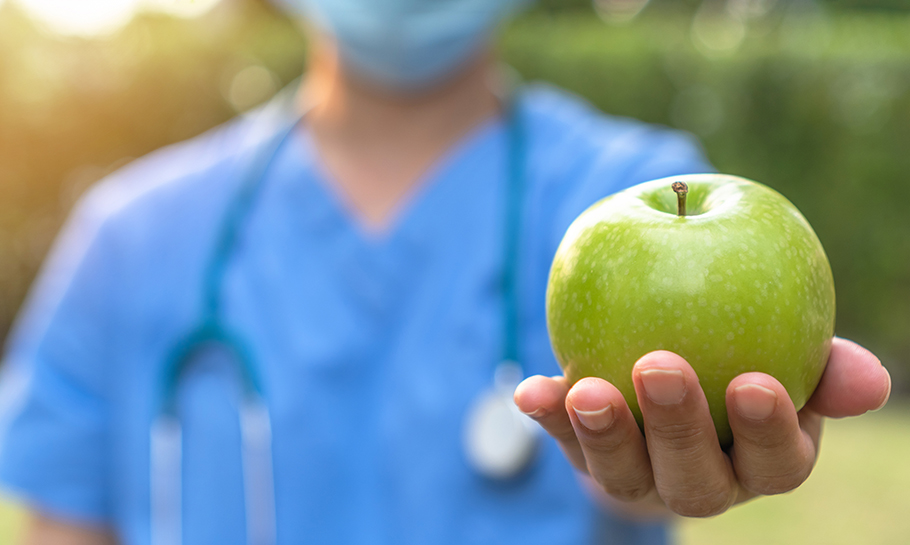Cancer Prevention

Healthy lifestyle choices are essential for cancer prevention. Together, we can help you prevent cancer. Let’s take a look:
Stop Smoking
Courage to Quit is a six-week program from the Respiratory Health Association that addresses the physical, mental and social aspects of nicotine addiction. It’s successful: 60 percent of participants quit smoking by completing the program, in conjunction with smoking cessation medications. This is a free in person class. To learn more, call 618-457-5200 ext. 67834, or visit www.hsidn.org/couragetoquit.
Another option to help you quit is the Illinois Tobacco Quitline. They can be reached at 1-866-784-8937 or quityes.org.
Maintain a Healthy Weight
Filling your grocery cart with fruits and vegetables is a great first step to maintaining a healthy weight. Limit your intake of alcohol, processed meats and fatty foods. It’s important to stay active. Shoot for at least 30 minutes of physical activity each day. If you’d like to speak to our registered dietitian about your nutrition, contact Micah Pierce at 618-985-3333.
Get Regular Medical Care
We want you to be proactive about taking care of yourself. One of the best ways to do that is to make an appointment with your primary care provider and schedule regular check-ups. Your primary care provider will help guide you on recommended screenings, along with discussing your family medical history.
Stay Sun Smart
Skin cancer is common, but easily preventable. Our dermatologists recommend that you stay out of the sun between 10 a.m. and 4 p.m. When you go outside, put on a hat, sunglasses and use generous amounts of sunscreen. Avoid tanning beds and sunlamps, too. Make an appointment with a dermatologist for any other skin concerns.
Mammograms Matter
The American College of Radiology and National Comprehensive Cancer Network recommend that once you turn 40, you should get a yearly mammogram, along with doing a monthly self-exam and annual physician breast exam. Mammography is a fast, simple procedure that helps distinguish between cancerous and non-cancerous lumps. Through the use of screening, breast cancer can be found years before it is detected by a self-breast exam or by a physician’s exam.